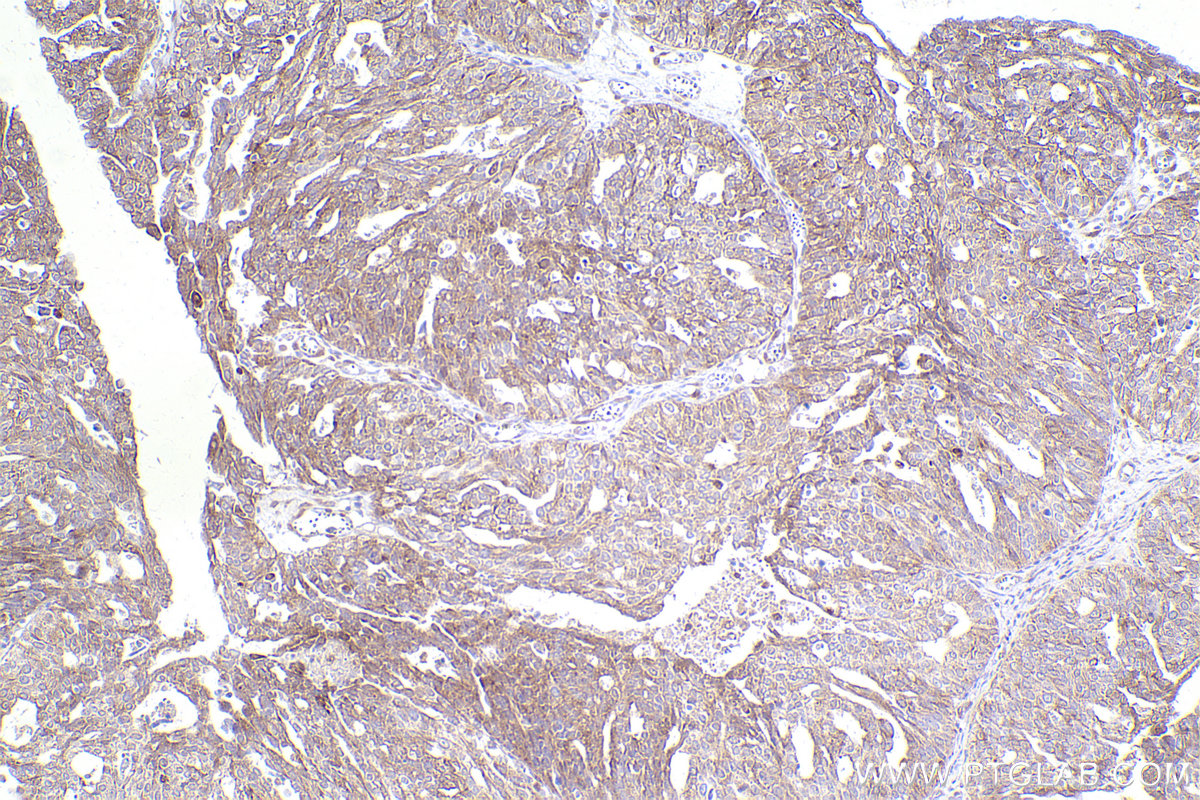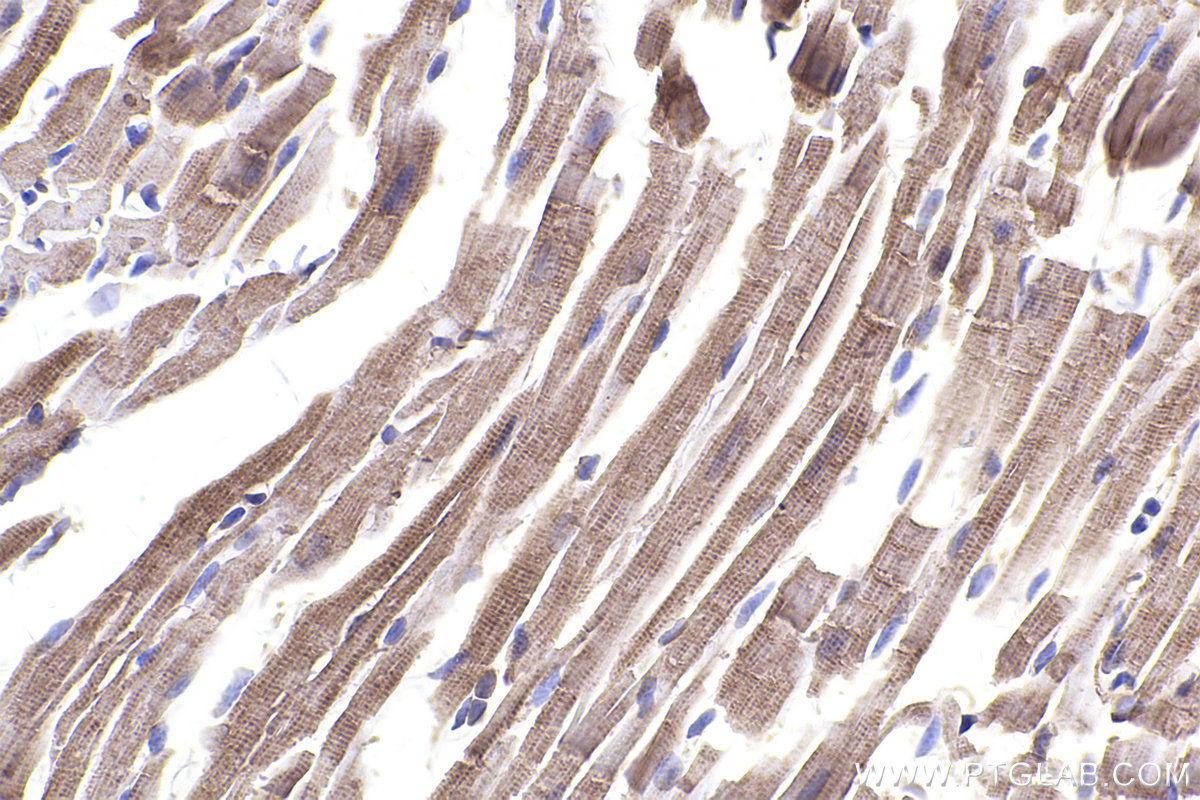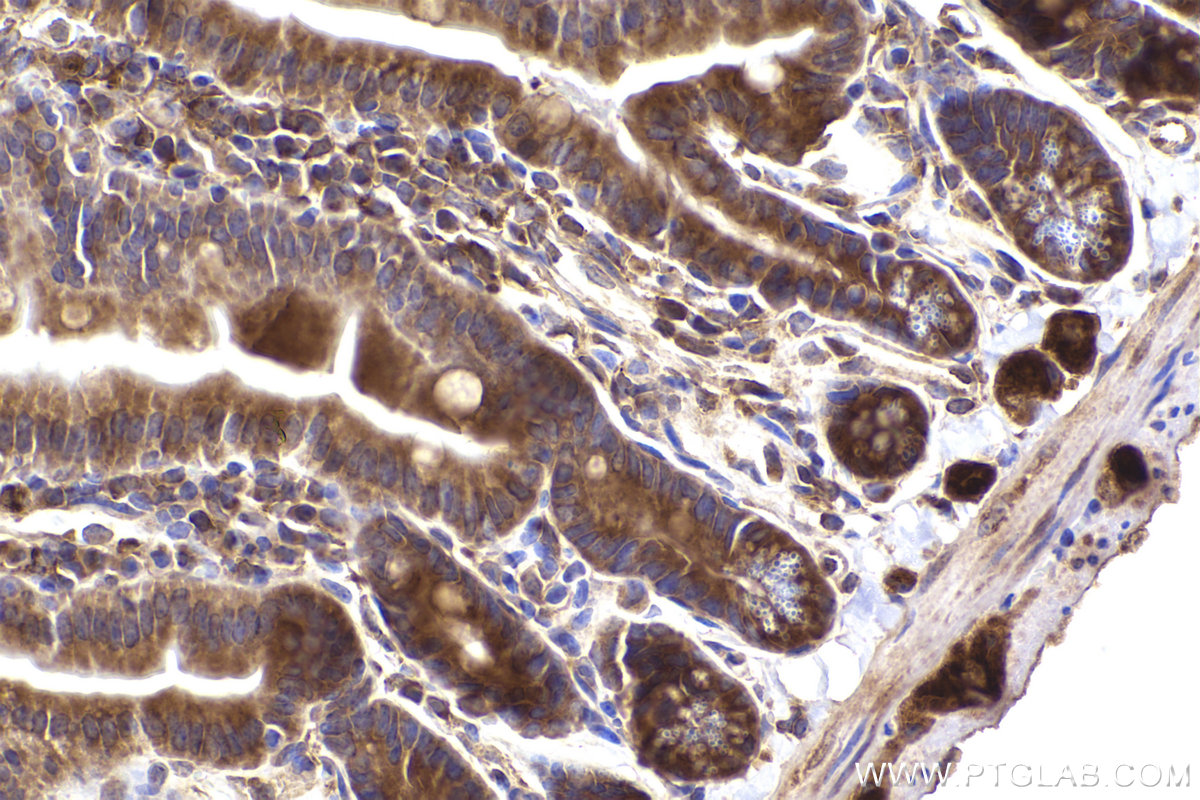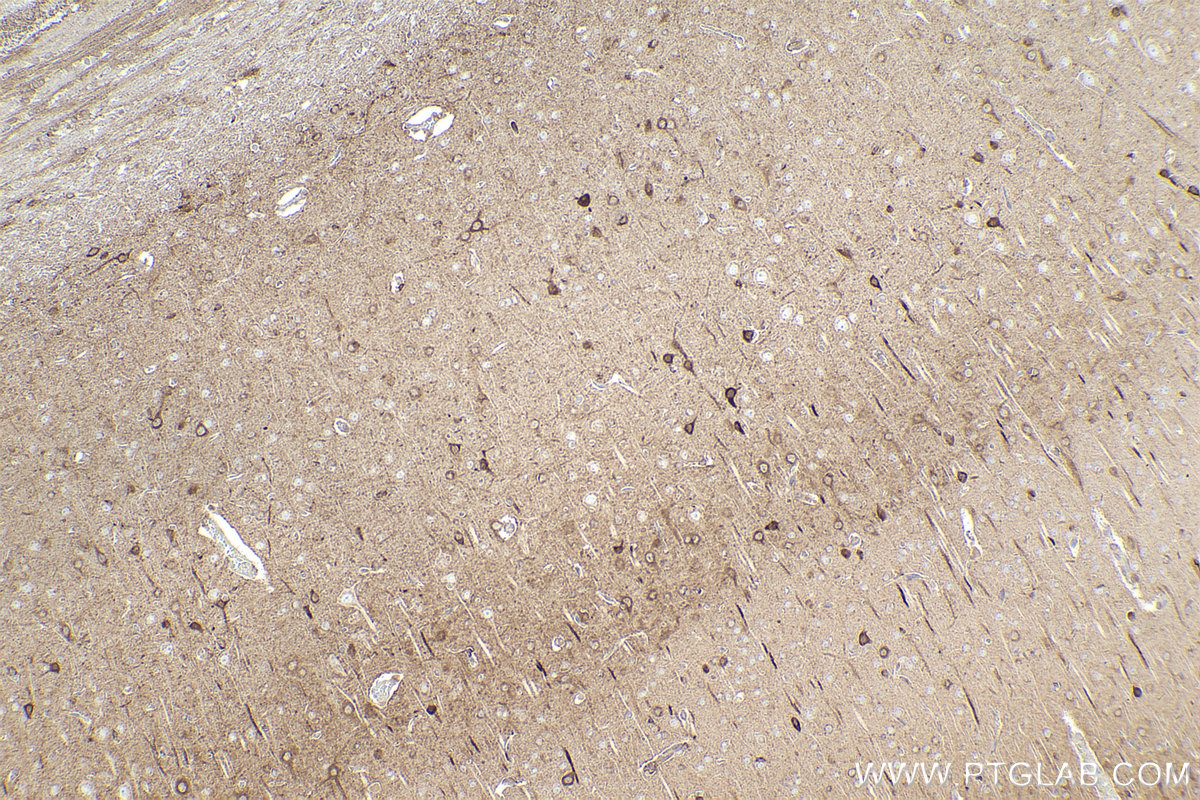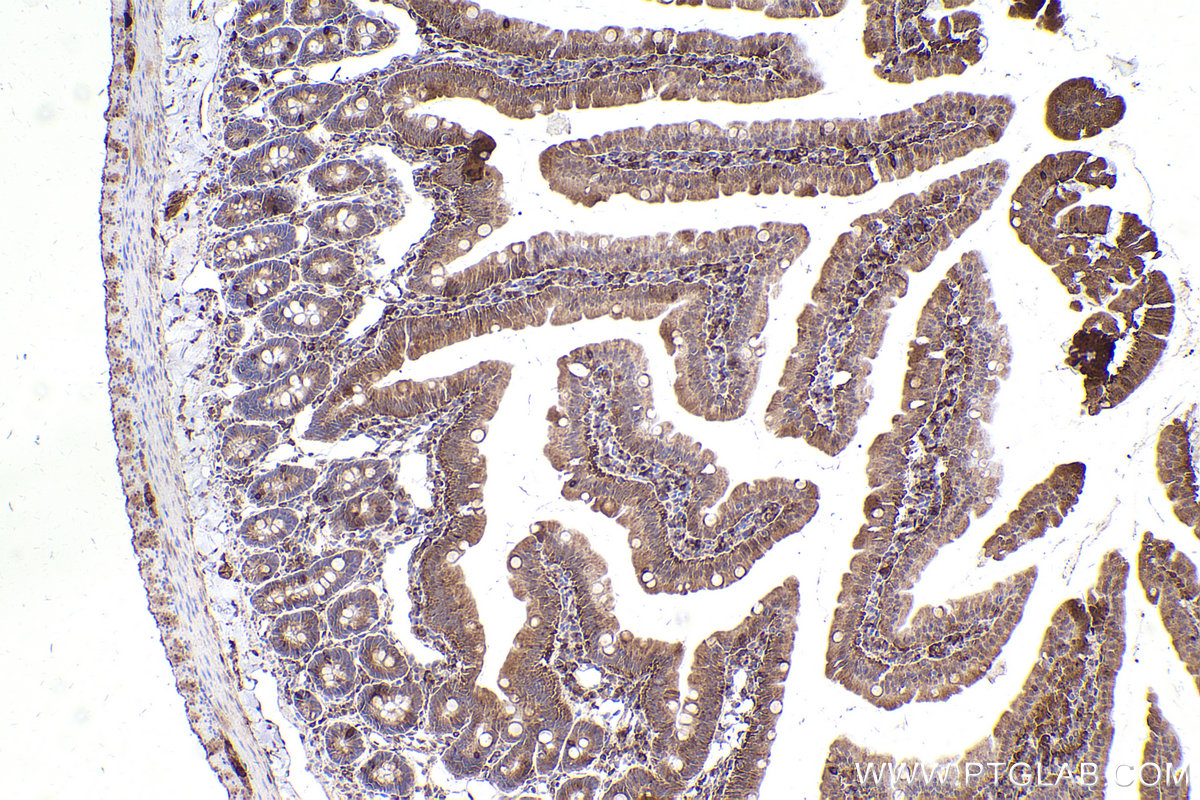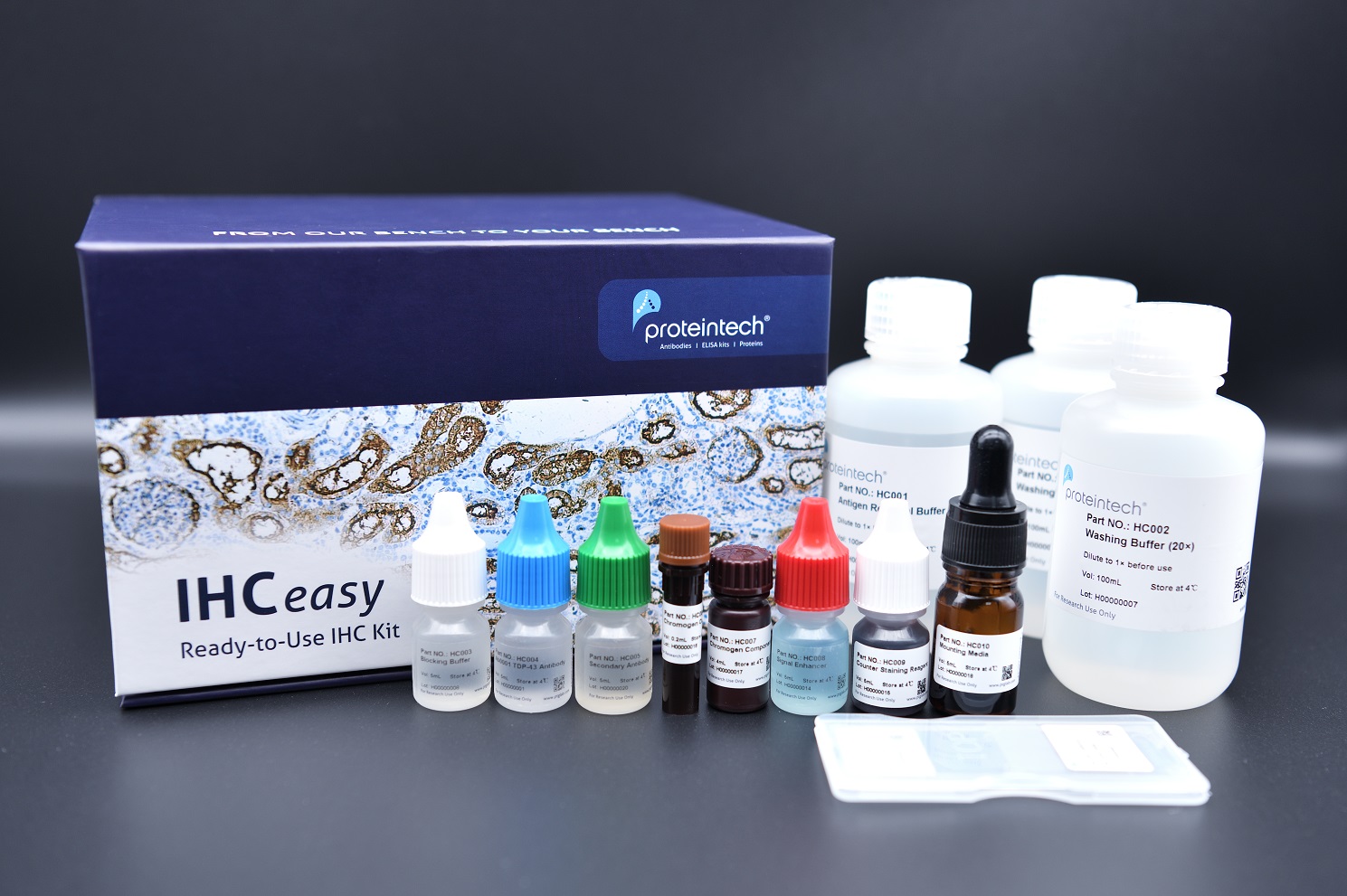IHCeasy CAMK2D Ready-To-Use IHC Kit
CAMK2D Ready-to-use reagent kit for IHC.
Reactivity
Human, Mouse, Rat
Sample Type
FFPE tissue
Cat No : KHC2433
Synonyms
CAMK2D,CaMKII delta,Calcium/calmodulin-dependent p
Validation Data Gallery
Product Information
KHC2433 is a ready-to-use IHC kit for staining of CAMK2D. The kit provides all reagents, from antigen retrieval to cover slip mounting, that require little to no diluting or handling prior to use. Simply apply the reagents to your sample slide according to the protocol and you're steps away from obtaining high-quality IHC data.
| Product name | IHCeasy CAMK2D Ready-To-Use IHC Kit |
| Sample type | FFPE tissue |
| Assay type | Immunohistochemistry |
| Primary antibody type | Rabbit Polyclonal |
| Secondary antibody type | Polymer-HRP-Goat anti-Rabbit |
| Reactivity | Human, Mouse, Rat |
Kit components
| Component | Size | Concentration |
|---|---|---|
| Antigen Retrieval Buffer | 100 mL | 50× |
| Washing Buffer | 100 mL ×2 | 20× |
| Blocking Buffer | 5 mL | RTU |
| Primary Antibody | 5 mL | RTU |
| Secondary Antibody | 5 mL | RTU |
| Chromogen Component A | 0.2 mL | RTU |
| Chromogen Component B | 4 mL | RTU |
| Signal Enhancer | 5 mL | RTU |
| Counter Staining Reagent | 5 mL | RTU |
| Mounting Media | 5 mL | RTU |
| Datasheet | 1 Copy | |
| Manual | 1 Copy |
Background Information
CaMKII delta, also named as CAMKD and CaMKII delta, belongs to the protein kinase superfamily, CAMK Ser/Thr protein kinase family and CaMK subfamily. CaM-kinase II (CAMK2) is a prominent kinase in the central nervous system that may function in long-term potentiation and neurotransmitter release, composed of four different chains: alpha, beta, gamma, and delta. The CAMK2 protein kinases contain a unique C-terminal subunit association domain responsible for oligomerization. The different chains assemble into homo-or heteromultimeric holoenzymes composed of 8 to 12 subunits.
Properties
| Storage Instructions | All the reagents are stored at 2-8°C. The kit is stable for 6 months from the date of receipt. |
| Synonyms | CAMK2D,CaMKII delta,Calcium/calmodulin-dependent p |
